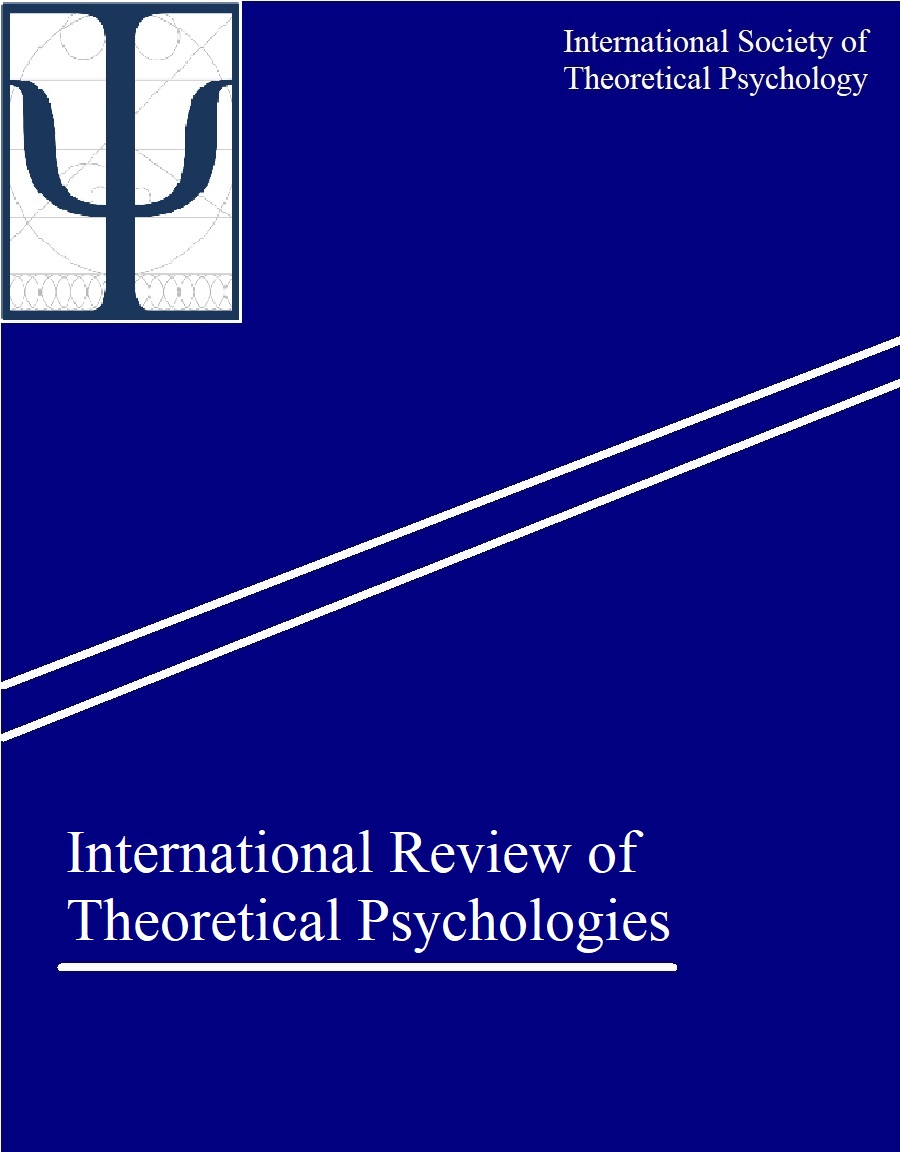Subjectivity and?
DOI:
https://doi.org/10.7146/irtp.v1i1.127092Keywords:
Subjectivity, agency, critical psychology, social practice theory, nexusAbstract
The aim of the paper is to give a brief presentation of an approach to developing the conception of subjectivity in psychology. This conception is developed on the background of the science of the subject of critical psychology as founded by Holzkamp (1983) which considers subjectivity as a core concept in human psychology. In the conception presented in this paper, it is argued that human subjectivity must be grasped as grounded in a subject’s ongoing situated participation and conduct of everyday life in and across various, structurally arranged social practices. It is argued why such a conception of subjectivity is necessary and its main concepts are briefly presented. A critical identification of methodological and conceptual inadequacies in narrower notions of the psyche and subjectivity paves the way for the line of arguments leading to this broader conception of subjectivity.
Downloads
Published
How to Cite
Issue
Section
License
Copyright (c) 2021 Ole Dreier

This work is licensed under a Creative Commons Attribution-NonCommercial-ShareAlike 4.0 International License.
IRTP operates based on a non-exclusive publishing agreement, according to which the journal retains the right of first publication, but authors are free to subsequently publish their work. The copyright of all work rests with the author(s).
All content published in IRTP is licensed under a Creative Commons Attribution-NonCommercial-ShareAlike 4.0 International license (CC BY-NC-SA 4.0). This license allows authors and readers to share and adapt content for non-commercial purposes, provided that they abide by the following terms:
- Give credit to the original author(s)/creator(s) and attribution parties (i.e., IRTP);
- Provide a link to the original source, to the extent practicable;
- Include the copyright notice and/or indicate the corresponding Creative Commons license;
- Indicate what, if any, adaptations were made to the original; and
- Share adapted content under the same license as the original.
Authors are encouraged to familiarize themselves with the various Creative Commons licenses. Readers are advised to consult the licensing information embedded in each published work to ensure that they are familiar with the terms of use that apply.





